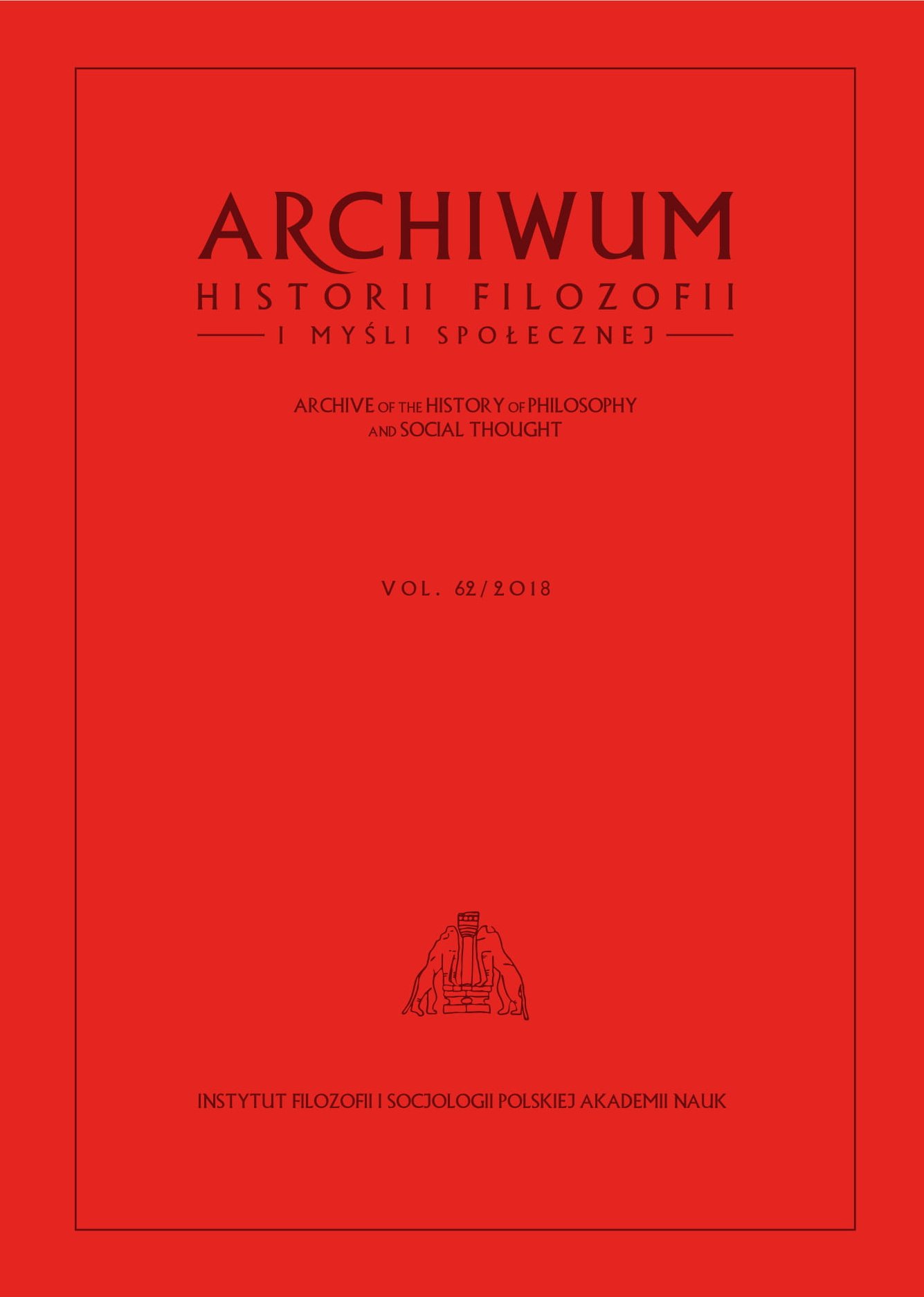Transformacyjna analiza mowy w Kratylosie Platona
Transformative Analysis of Speech in Plato’s Cratylus
Author(s): Dariusz PiętkaSubject(s): Language studies, Semantics, Philosophy of Language
Published by: Instytut Filozofii i Socjologii Polskiej Akademii Nauk
Keywords: Plato; Cratylus; language; genesis of names; linguistic transformation;
Summary/Abstract: The subject of this paper is the transformational analysis of language in Plato’s Cratylus. Plato was a naturalist regarding the genesis of names. He thought names were consistent with the things they mean, in other words, names imitate things and they are similar to things. This article shows the Plato’s method of transforming expressions. His purpose is to reach the deepest meanings of language that phonetically reflect the denoted objects. Several examples of transformations have been presented in the text. As a result, it turned out that names could be reduced to verbs and referential factors like nouns, particle or pronouns. The meanings include in themselves the dynamic factor corresponding to the change in the world, and the static factor corresponding to the fixed element in reality. This solution answers the question: how one can speak about a variable reality by means of a language that has expressions of fixed meanings? It turns out that the names also contain a dynamic factor that can adequately reflect what is changing. Plato’s goal was ultimately to create the method that would allow to know the world on the basis of word-formation analysis of language. The sequence of examples contained in Cratylus, in which the form of the word is to reveal its meaning, suggests that Plato wanted to justify the hypothesis of the analytical of knowledge.
Journal: Archiwum Historii Filozofii i Myśli Społecznej
- Issue Year: 62/2017
- Issue No: 62
- Page Range: 9-23
- Page Count: 15
- Language: Polish

